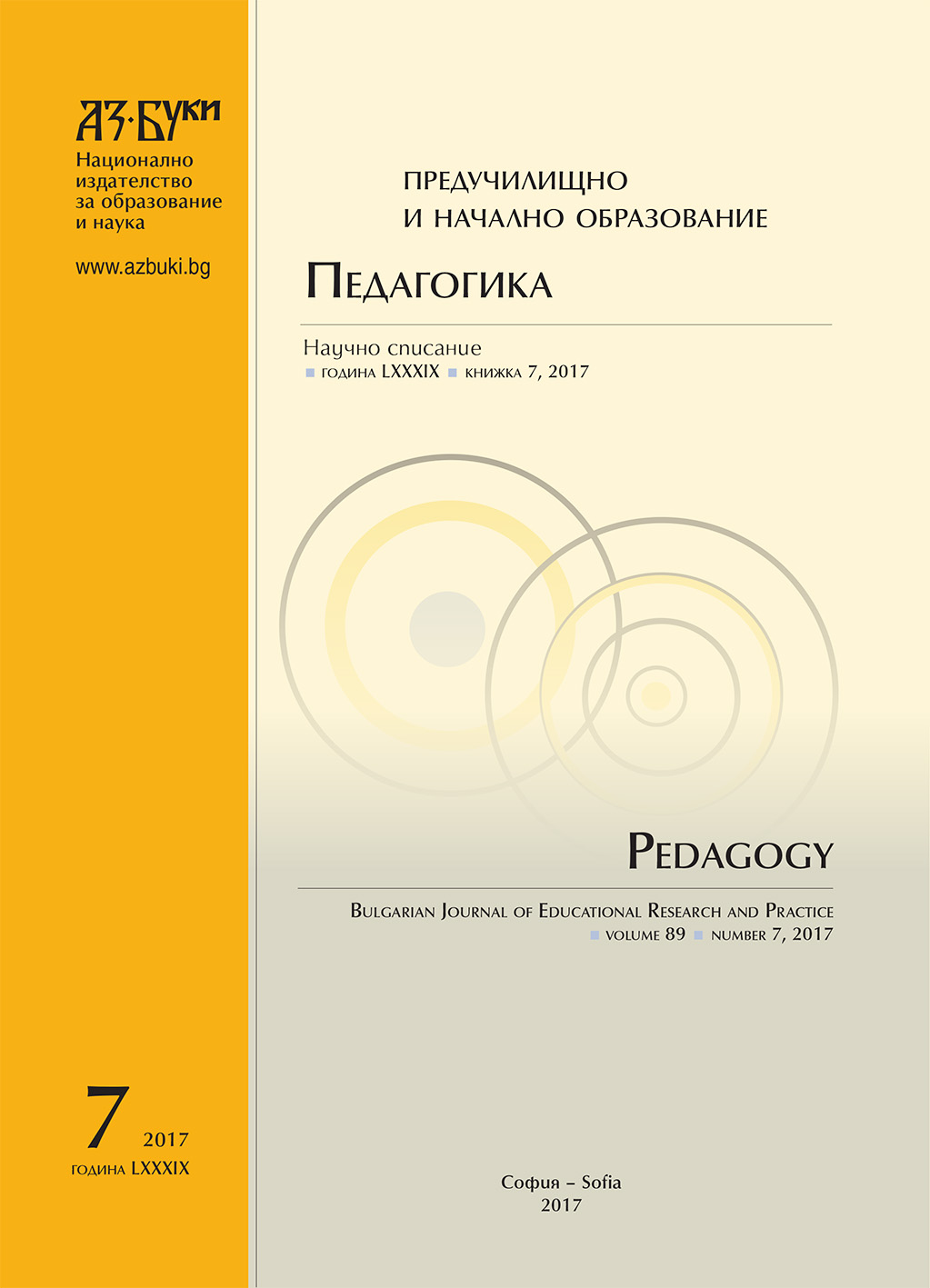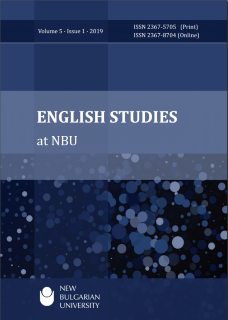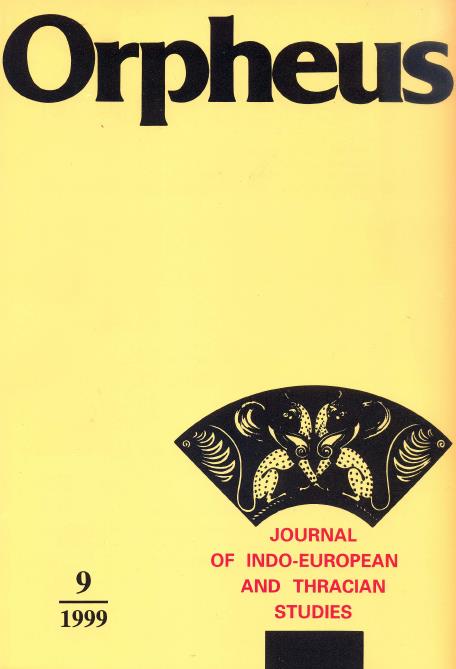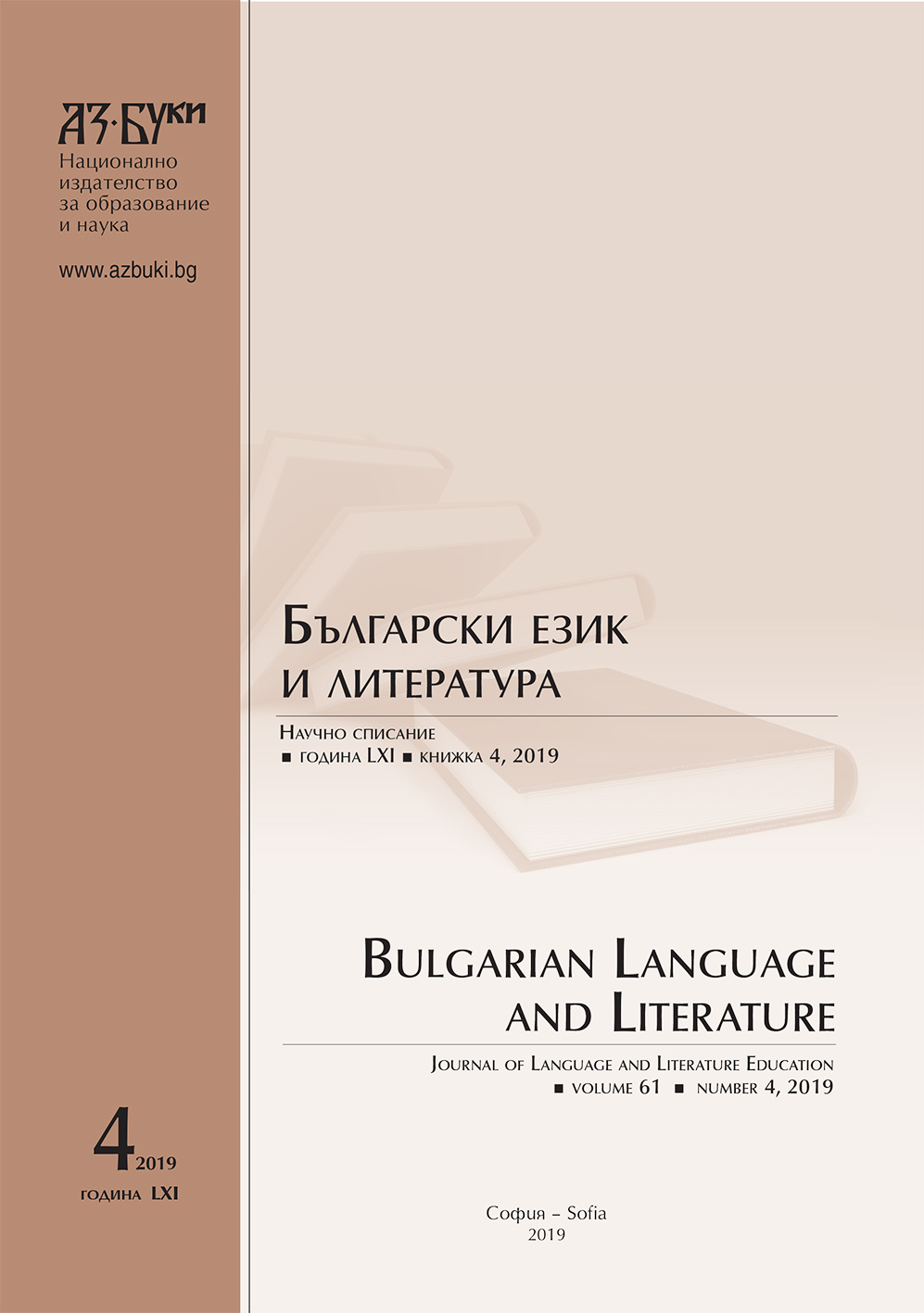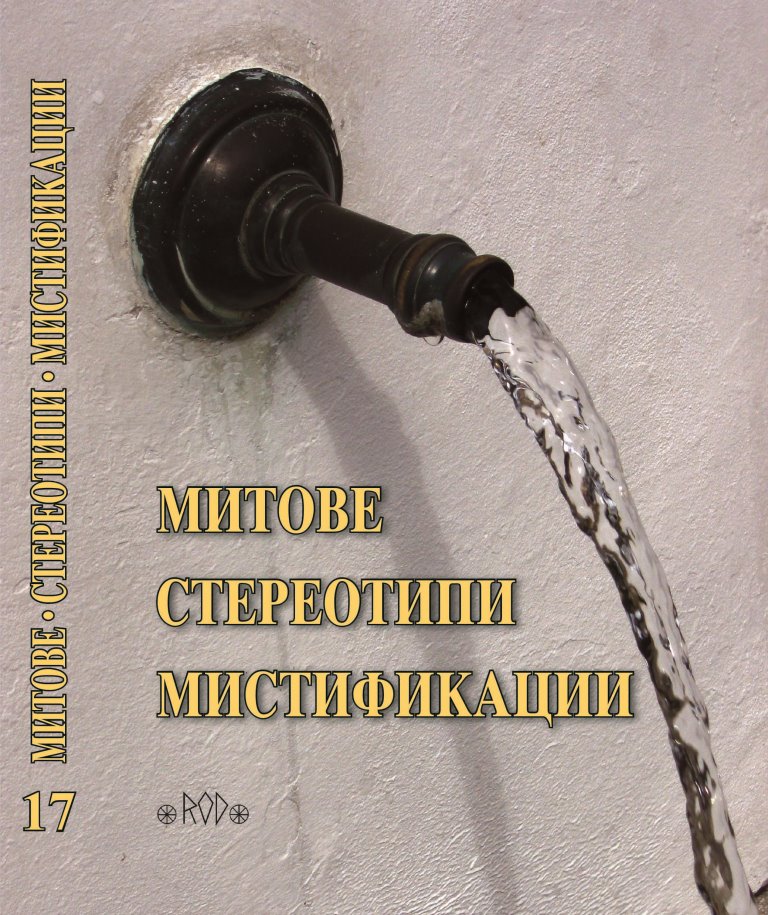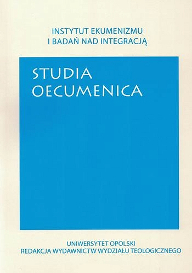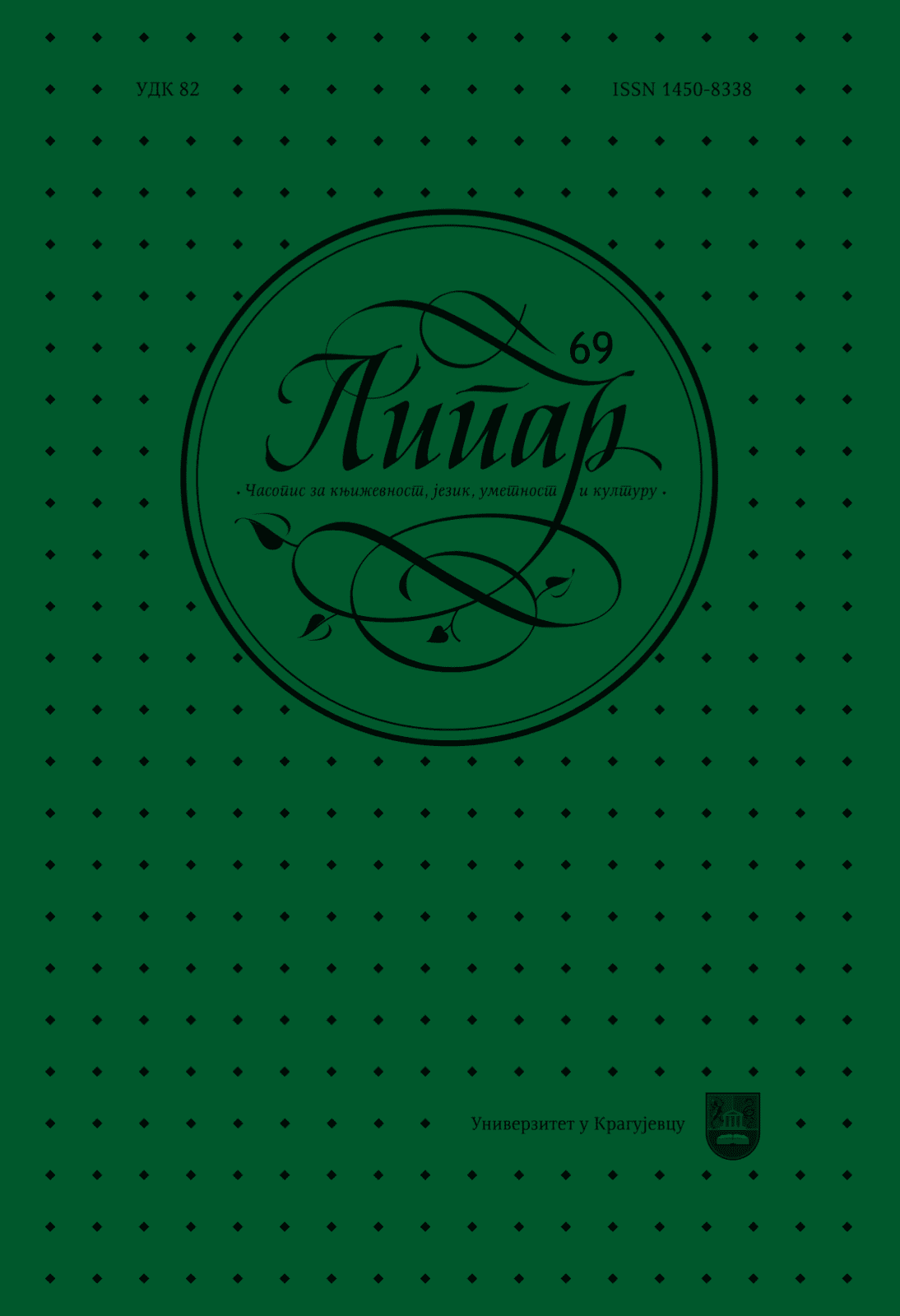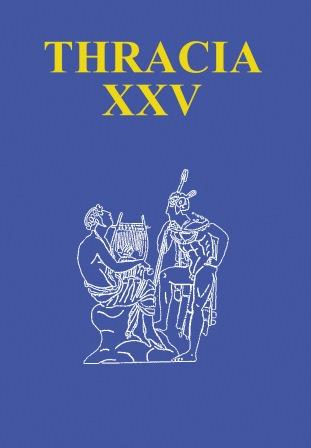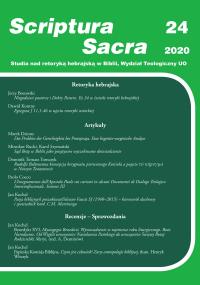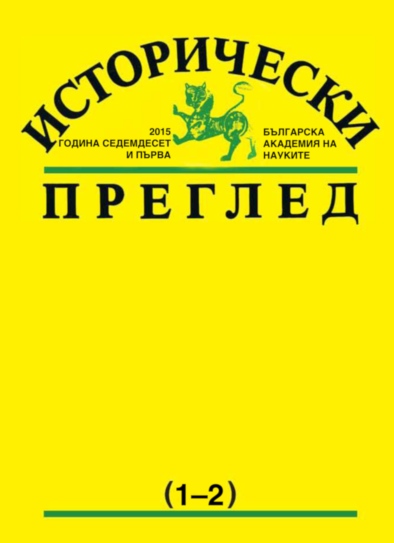
Правописът на Марин Дринов – минало, съвременност, бъдъште
Marin Drinov’s views on the structure of the new Bulgarian literary and mainly – unified Bulgarian spelling are a significant portion of his versatile scientific work. The article focuses on these views. And its author Peter Petrov observes spelling closest to that of Marin Drinov. The paper is published without editorial intervention.
More...
